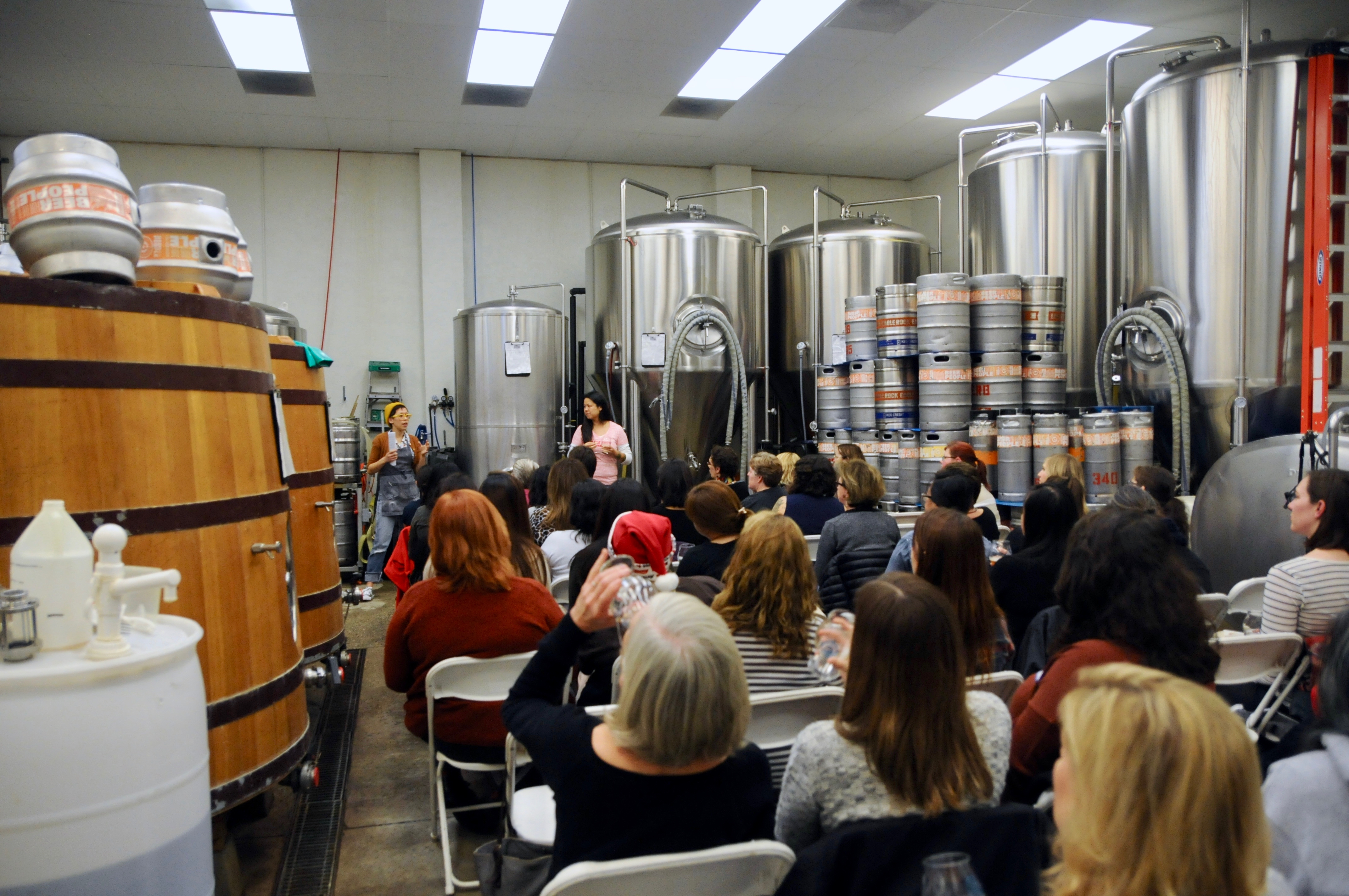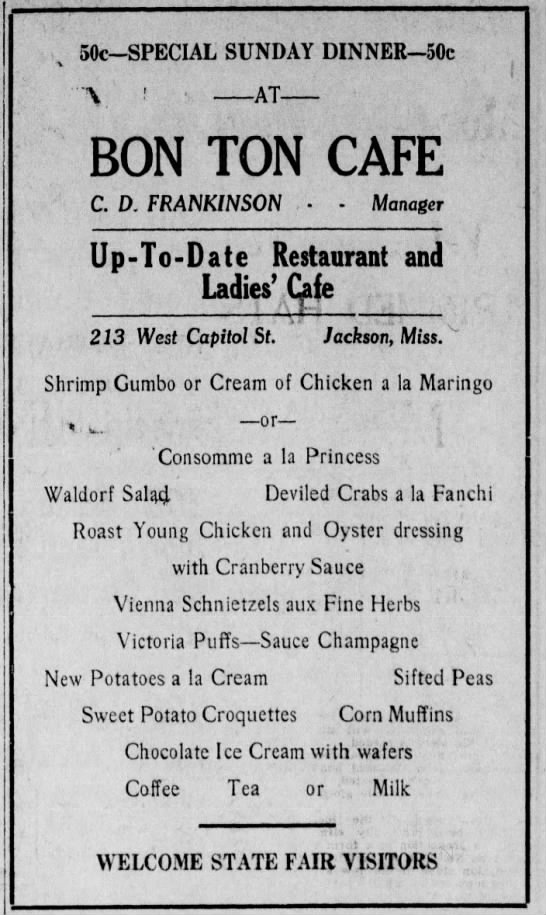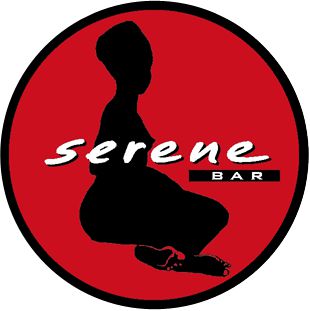Hershee Bar
 |
| The closing of Hershee Bar |
Location: 1083 W 37th Street, Norfolk, Virginia, USA
Opened: 1983
Closed: 2018
From the
Virginian-Pilot:
"We're losing our home": The last lesbian bar in Hampton Roads closes its doors
By Saleen Martin and Amy Poulter
Staff writers
Nov 1, 2018 Updated 5 hrs ago
NORFOLK
Outside of the Hershee Bar's main entrance, two lit candles sat on a bench Wednesday night. Sandwiched between them was a sign.
"Thank you Hershee Bar for 'being there' for me when no one else was," it read.
Inside, flashing lights lit up the dance floor. A 1990s R&B mix blared through the speakers as people dressed as Run DMC, Minnie Mouse and pharaohs flashed their driver's licenses to get in.
It was their last night to grab drinks and feast on shrimp and french fries at the bar on Sewells Point Road before the building is torn down and the property is sold to the city. At 1:45 a.m., supporters said on social media, police arrived and watched the doors from the parking lot.
Bernie Gerlach was there with her two friends, Christi Hogge and Rene Hayes.
She met them at Hershee in 1998, she said.
For the past 20 years, the trio has gone there to remember lost loved ones, attend wedding receptions and unwind, they said. The bar was a safe haven for lesbians when it first opened, said Gerlach, who's from Newport News.
"We're losing our home," she said.
In February, the City Council voted unanimously to spend $1.5 million on the property in the Five Points neighborhood. Hershee was told to leave after Oct. 31.
Charles Cooper, who owns the property, asked the city to buy the lot in 2017 after his family removes the buildings, The Pilot reported. Cooper's son has said the bar was not targeted and other nearby businesses would also be affected by the sale.
Most recently, a spokesperson for Gov. Ralph Northam said they had received four calls by Wednesday afternoon about the bar, but an application to designate the location as historic had not been filed.
Bar owner Annette Stone hugged customers as she walked in Wednesday night. Over 200 people showed up, she said.
"It's overwhelming," she said. "But I expected that because that's how great these people are. That's how much this bar means to them."
Stone and a group of her supporters both posted on Facebook in the early hours Thursday that several Norfolk police officers showed up about 1:45 a.m., minutes before the bar shut down for good.
Michael Carney also came to celebrate one last time.
He has been visiting the bar since it opened in 1983, and he was one of the few men allowed into the bar back then, he said.
"There were maybe four or five of us who could get past the door person," Carney said. "Men would come in and harass the girls."
When his partner died, he went to Hershee to find solace. He went through a three-day depression when he found out the fate of the bar, he said.
"Today was also a very emotional day," said Carney. "The reality of it. I've dealt with it, but a lot of people haven't."
Lakela Fuller, who has been going to Hershee since she was 18, showed up, too. The bar's staff has seen her at her best and her worst, she said, grinning and pointing toward Burt McManus, a bartender at Hershee for 34 years.
McManus and other staff at Hershee have taken care of her and helped her accept who she is, she said.
If the bar ever opens in another location, she said, she'll be there.
"Whatever place they tell me they're going, I will go," she said. "It's like a family."
Pilot writer Amy Poulter contributed to this story.












